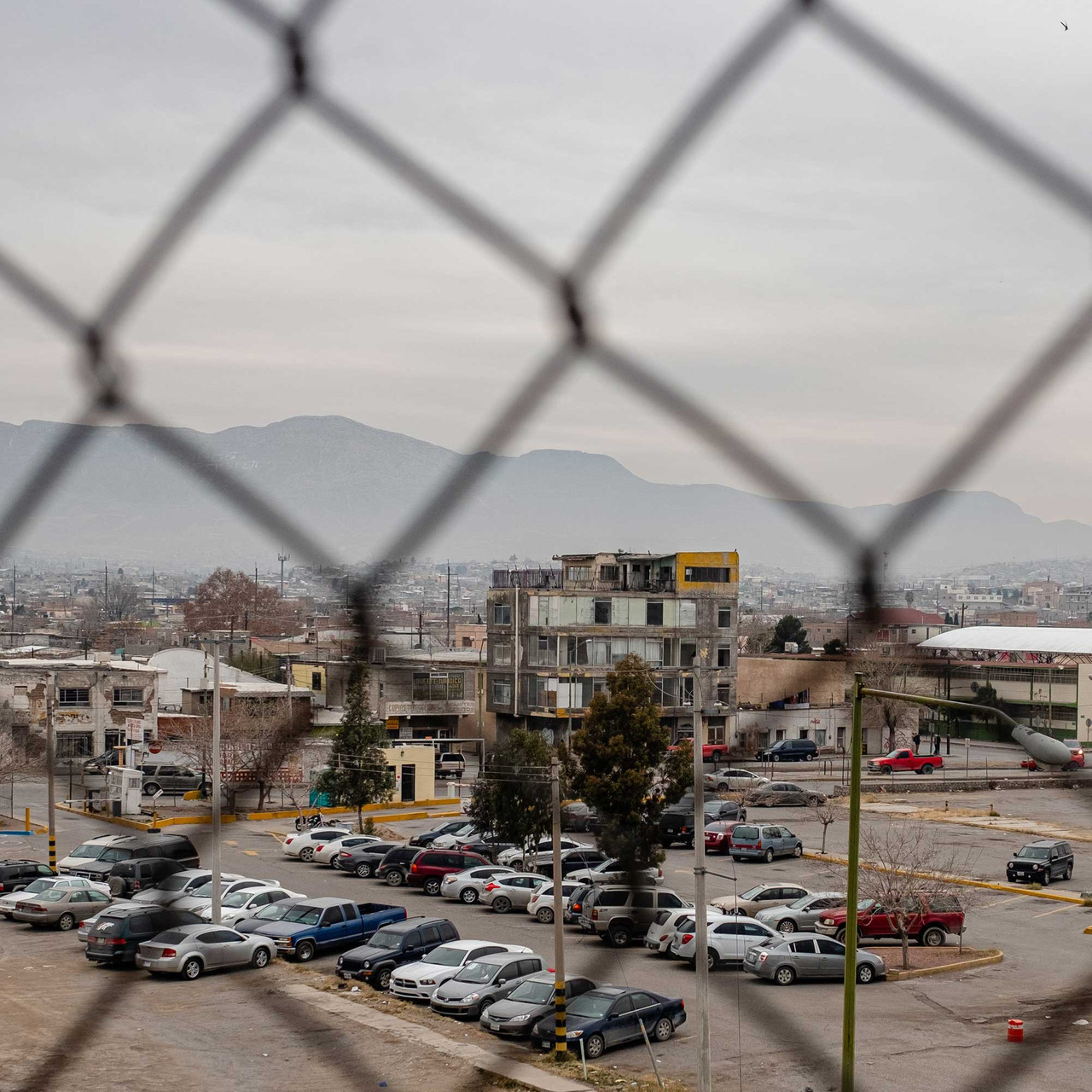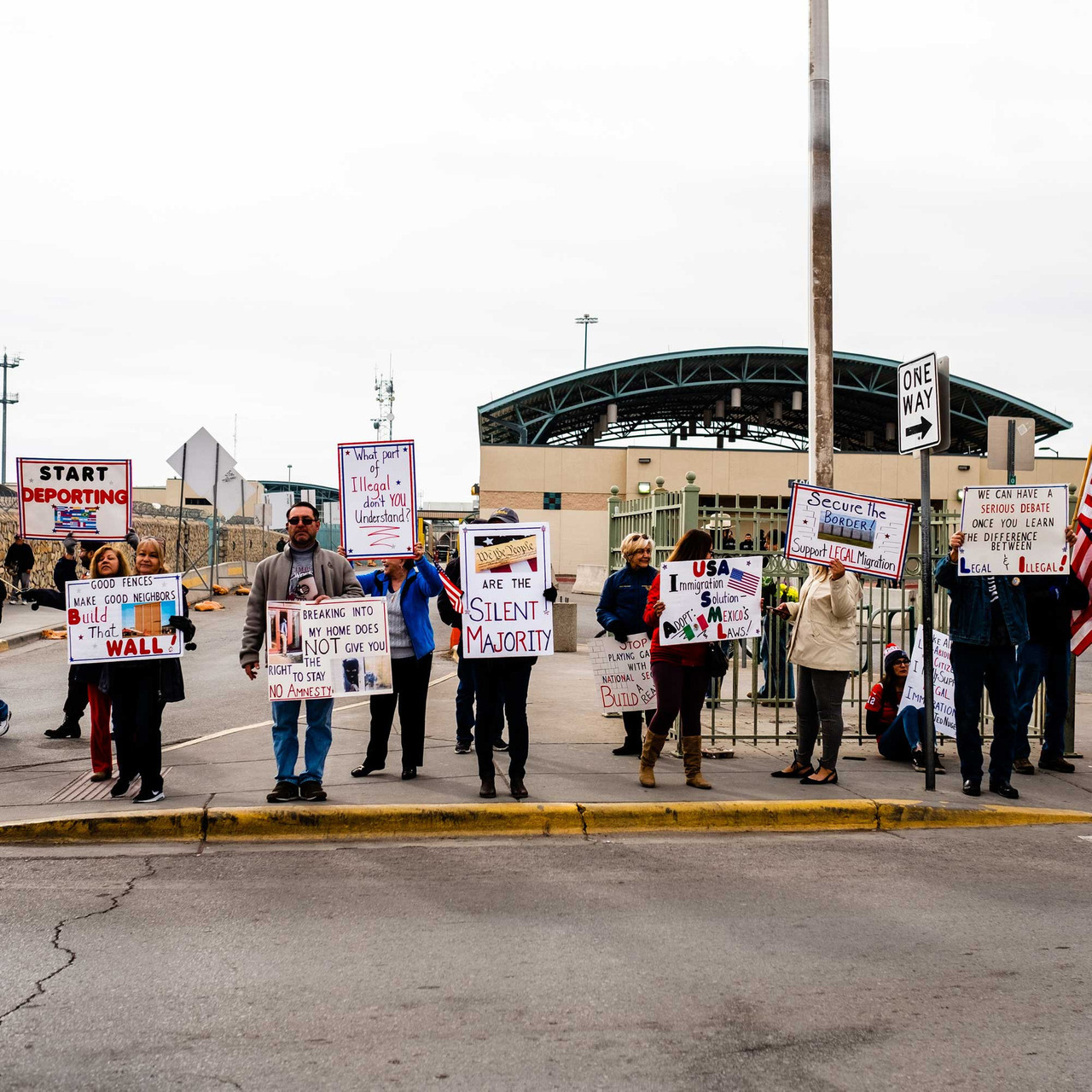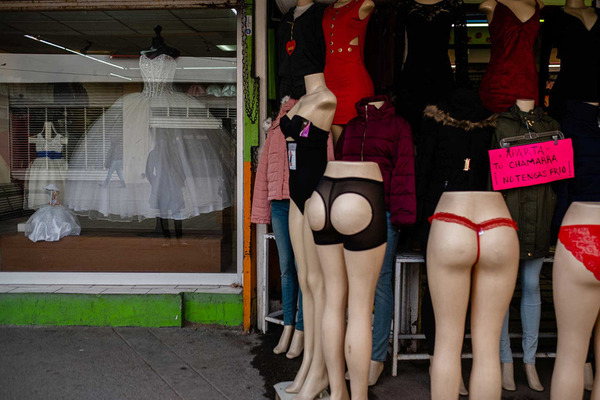2019.01.06 || Mexico
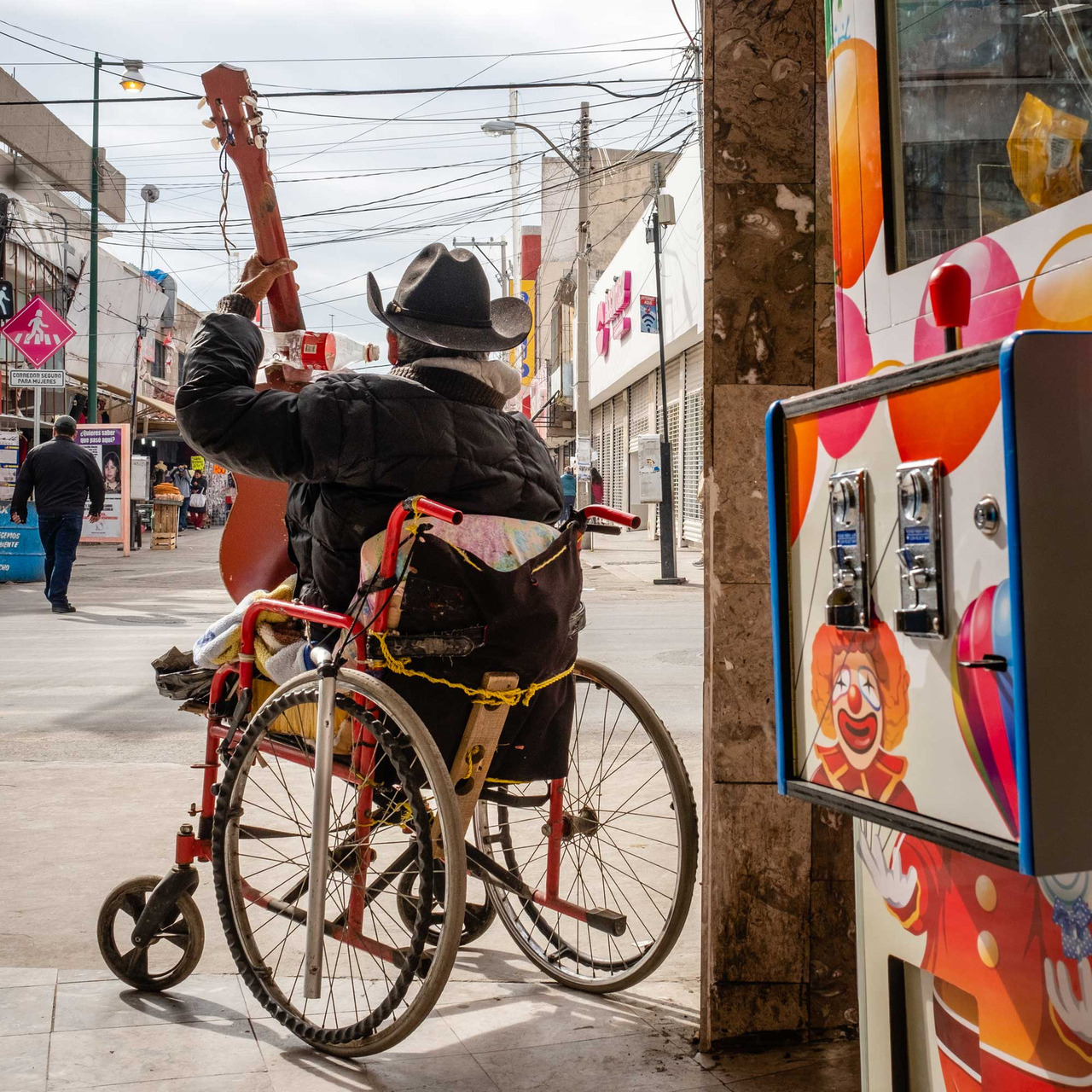
Violence against women plays an unfortunately prevalent role in many cultures. In fact, physical security for women remains an exception to the norm worldwide.
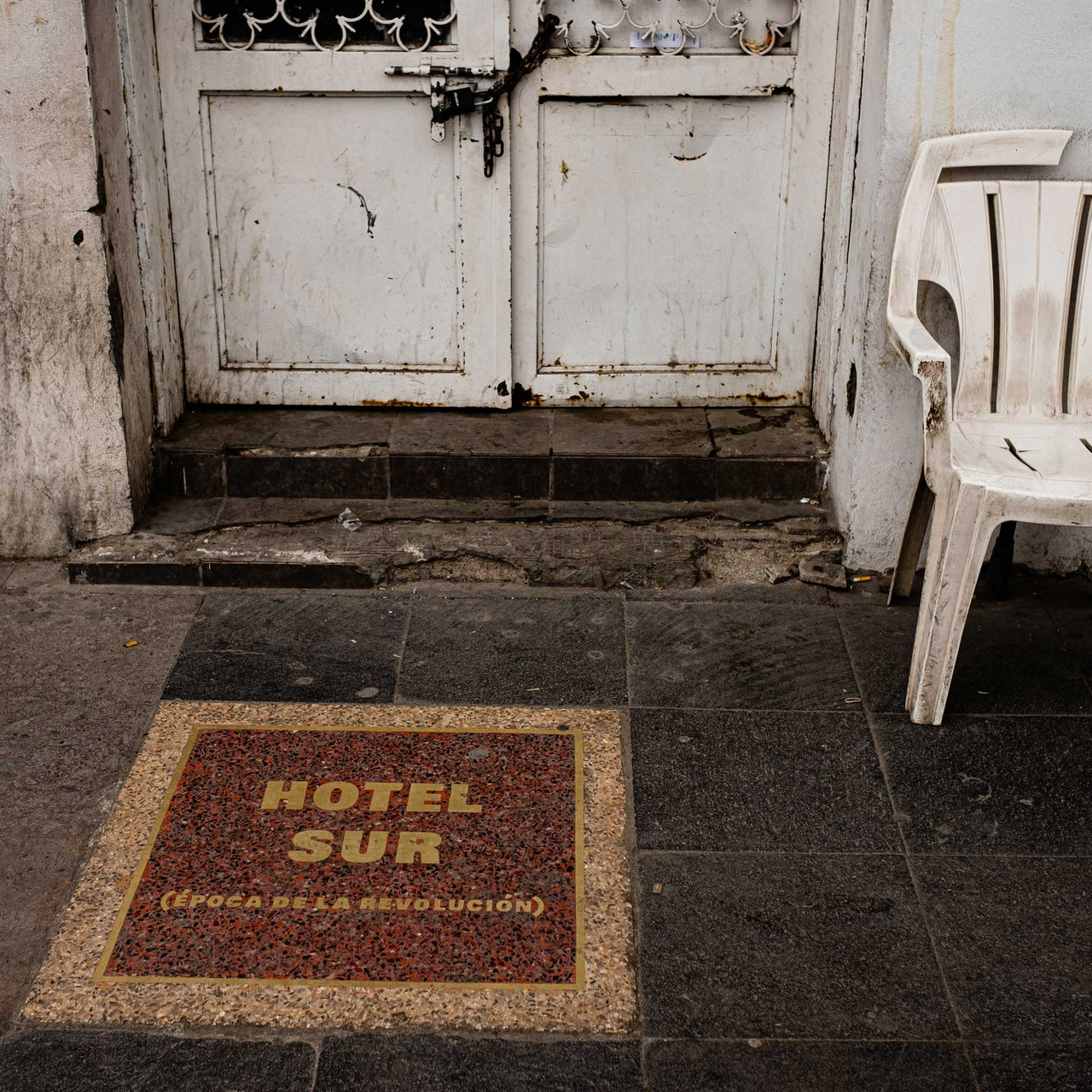
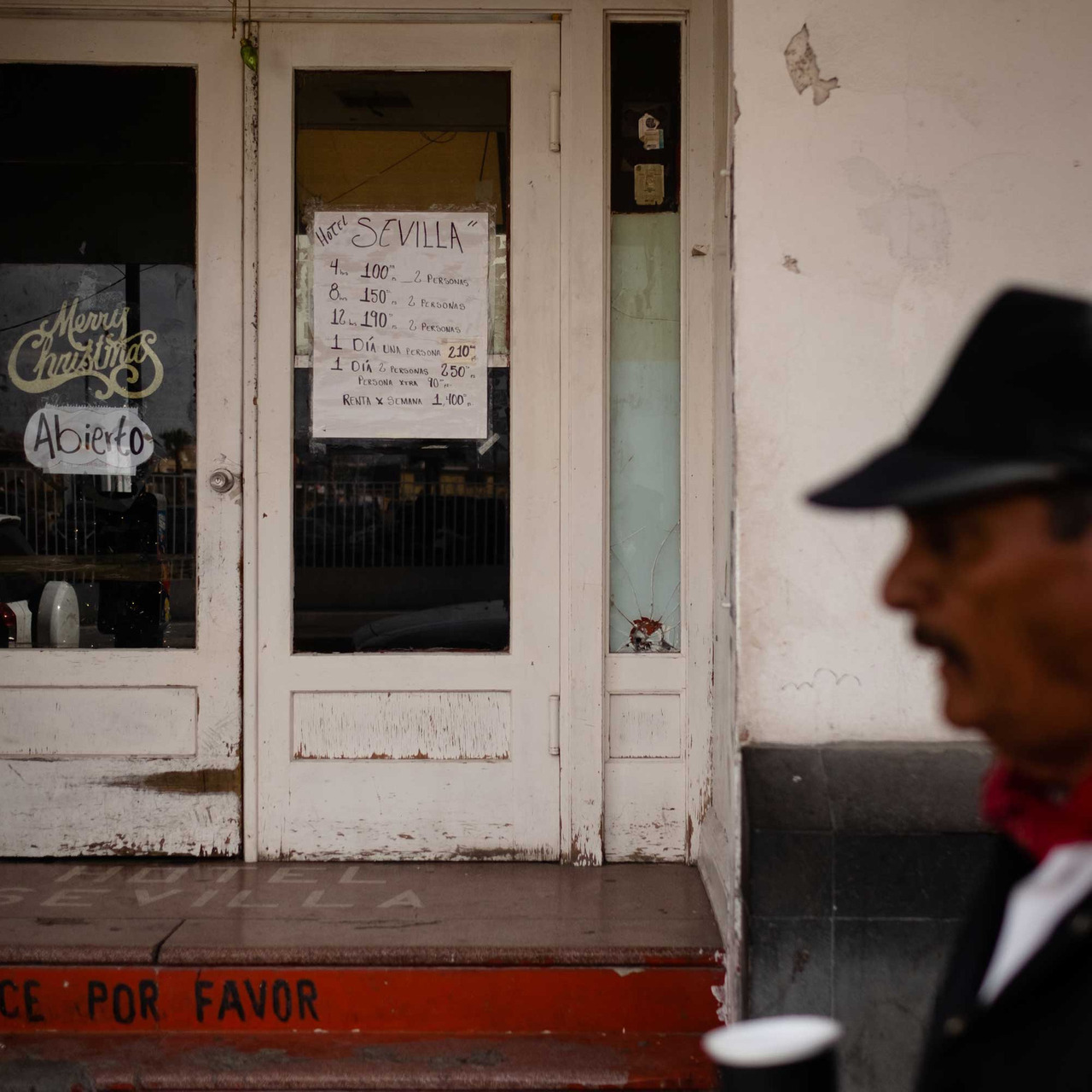
In Mexico, between 10 and 11 women are killed every 24 hours because of their gender. Femicide, which is the most extreme form of violence against women, is only the tip of the iceberg when it comes to gender-based violence in the country – 66 per cent of women in Mexico have experienced at least one incident of emotional, economic, physical or sexual violence or discrimination throughout their lives.
"I dreamed of a place where no woman dies at the hands of a man who has sworn that he loves her. Where women are protected from girlhood and skin colour does not define you before the law,” sings Oaxacan rapper Mare in 25N+16 Ni Una Más. “There's no discrimination, let alone violence. Where you don’t disappear… Then I woke up and saw that this reality remains a longing. But I do not have to accept that it is only a dream, I know that one day we will see it.”
"Violence against women is not normal. It is the foundation that sustains an unequal system,” adds Obeja Negra, rapper and activist from Cd. Juárez, Chihuahua. “Marked different at birth, getting used to it is another way to die. Asking for help is an opportunity to get out. We don't want to go on like this! We deserve to enjoy and smile!"
25N+16 Ni Una Más is a collaborative video that celebrates the growing movement of women, girls and adolescents raising their voices against gender-based violence and demanding to live a life free of violence.
It also calls on society at large, and in particular men, not to exercise or allow any violence against women and to instead build respectful, non-violent, just and egalitarian relationships.
"No action can happen in isolation. Today, we need everyone’s voice,” says Cecilia Suarez, UN Global Advocate for Spotlight Initiative in the video.
Lydia Cacho, journalist and spokesperson for the Spotlight Initiative Mexico also lends her support.
"We are the daughters of force, we have power,” she says. “We are the ones who leave their mark… the ones who do not break in the face of corruption.”
Source: Eloísa Farrera
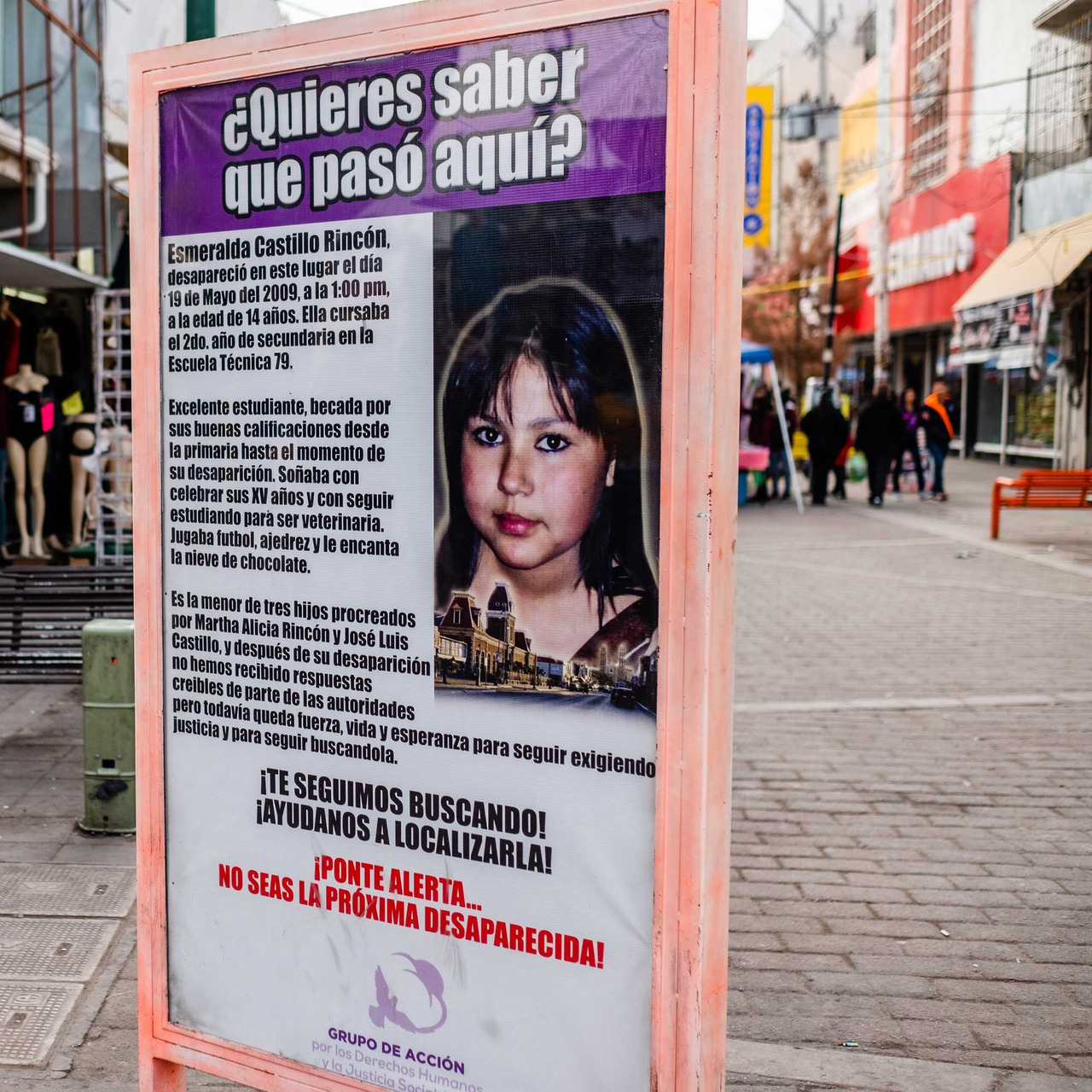
Durante este sexenio, al menos 76 niñas han desaparecido en Chihuahua. Esmeralda, de 14 años, es una de ellas. Desapareció el 19 de mayo de 2009 cuando se dirigía a la secundaria. Gracias a la ayuda de otras personas y del dinero recabado en una vendimia de hamburguesas, sus padres viajaron al Distrito Federal para que la fotografía de su hija “aparezca en todos lados”. A su pesar por la ausencia de su hija se adhiere una profunda desconfianza hacia el gobierno mexicano, que no cuenta siquiera con líneas de investigación
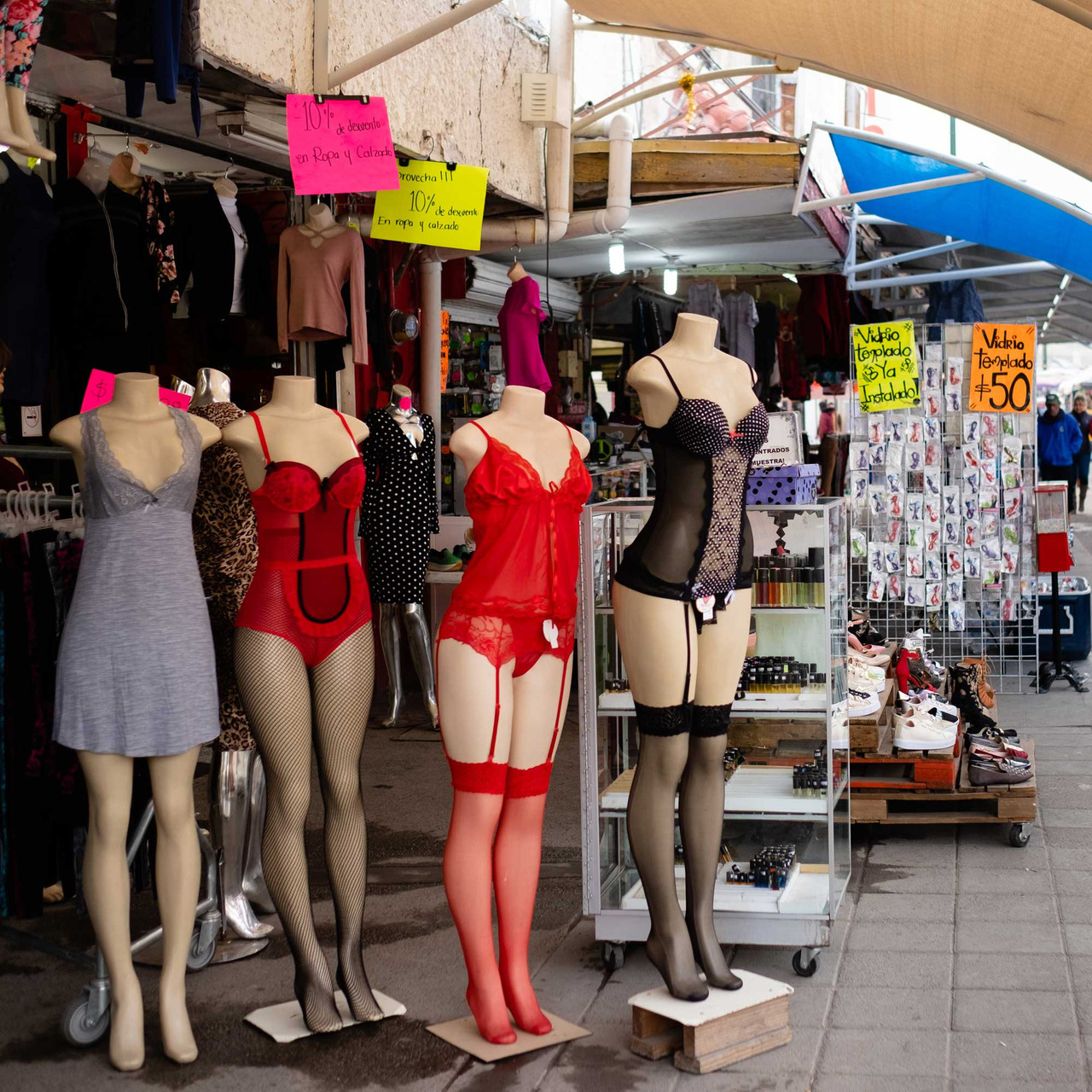
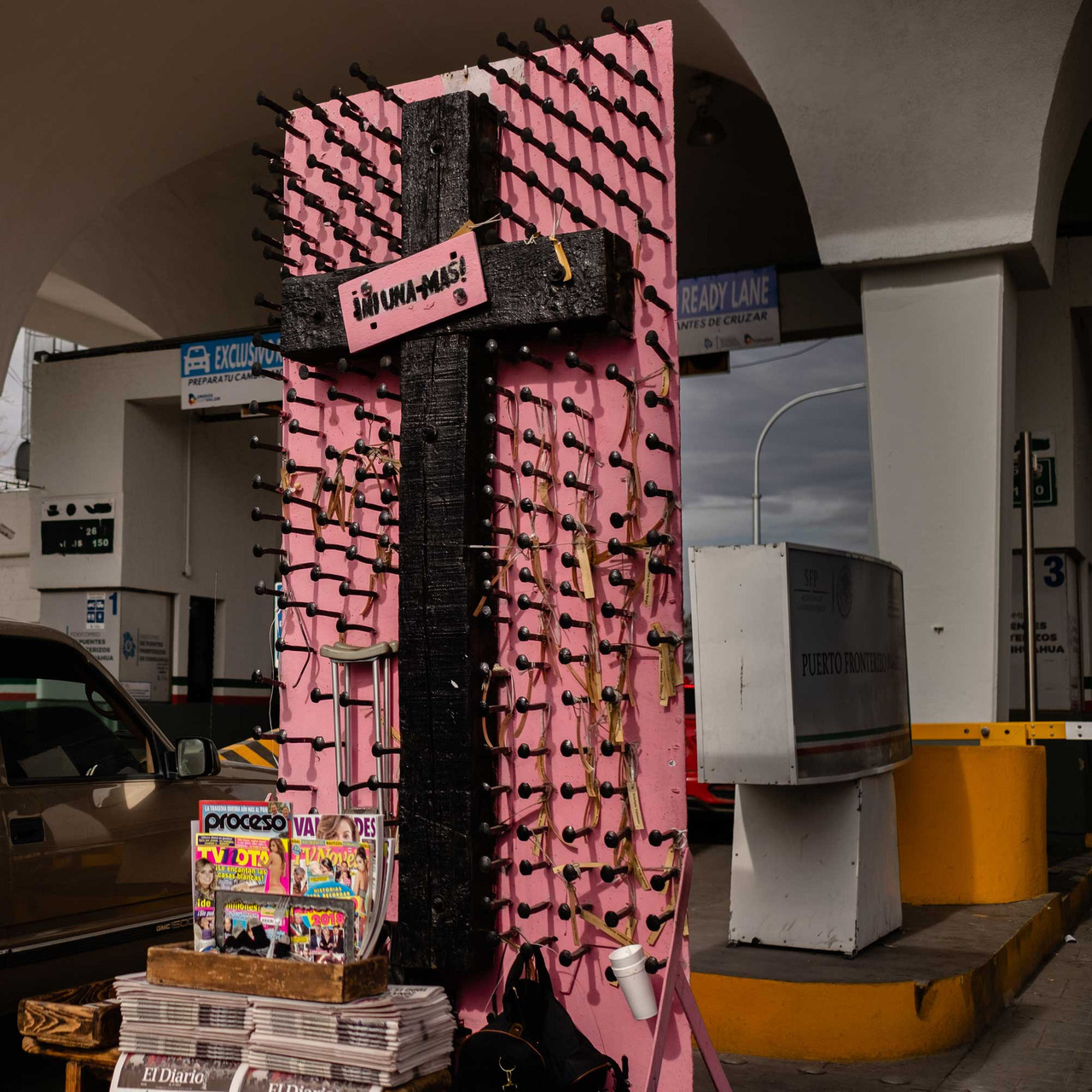
Origin[edit]
The collective takes its name from a 1995 phrase by Mexican poet and activist Susana Chávez, "Ni una muerta más" (Spanish for "Not one more [woman] dead"), in protest to the female homicides in Ciudad Juárez. Chávez herself was assassinated in 2011, moment in which the phrase became a "symbol of struggle".[27][28] The first protest organized by Ni una menos was held in Recoleta, Buenos Aires on March 26, 2015, and consisted of a reading marathon, performance art and screenings; the catalyst of the event was the murder of Daiana García, found dead in a garbage bag on March 16.
